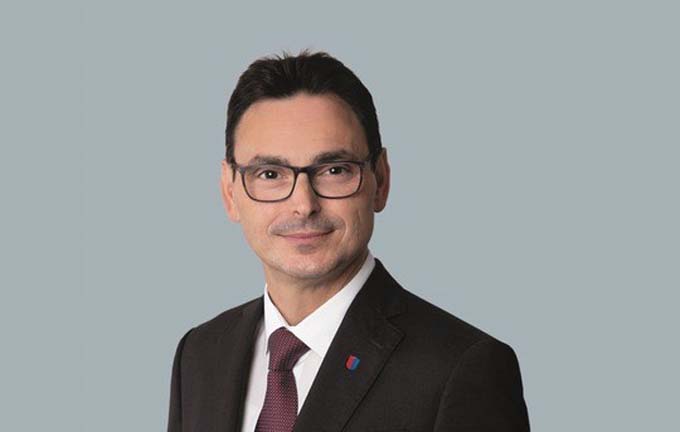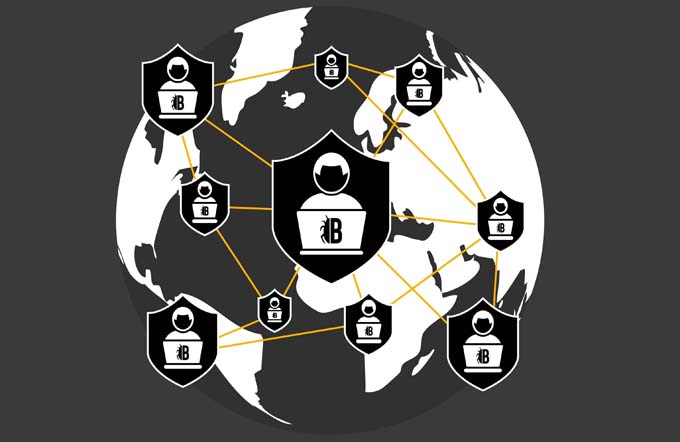Raffaele De Rosa becomes new Chairman of the Board of Trustees of Health Promotion Switzerland
On Friday, November 22, 2024, the Board of Trustees of Health Promotion Switzerland elected Raffaele De Rosa as the new Chairman of the Board of Trustees and successor to Guido Graf. Raffaele De Rosa will take office on January 1, 2025.

Raffaele De Rosa, born in 1973, is a Ticino State Councillor and has been Director of the Department of Health and Social Affairs and State Councillor in the Canton of Ticino since April 2019. This is his second time in office in the Ticino government. Thanks to his broad economic education - including a doctorate - and his many years of experience in the private sector, both in Switzerland and abroad, he brings extensive knowledge to the Board of Trustees.
Politically active since 2000, he was mayor of the municipality of Riviera from 2017 to 2019, when he was elected to the cantonal government. At cantonal level, he was a member of the Grand Council of the Canton of Ticino between 2003 and 2019. He was also involved in numerous committees, including the Administration and Finance Committee, which he chaired from 2018 to 2019.
The member of the cantonal government of Ticino brings with him an impressive combination of expertise and political experience. "We are delighted to welcome Raffaele De Rosa as the new Chairman of the Foundation Board. With his experience and commitment, he will provide important impetus for our future work in health promotion and prevention," says Thomas Mattig. He is the Director of Health Promotion Switzerland.
New strategic priorities for Health Promotion Switzerland from 2025
The election of De Rosa also marks the start of a new strategy period for the foundation. The aim of Health Promotion Switzerland is to measurably improve the health of the population in Switzerland in the long term, to inform and empower people to lead a healthy lifestyle and to strengthen the social framework conditions that support this process.
Based on the positive results of its work to date, Health Promotion Switzerland is focusing on continuity in the coming years. At the same time, it is expanding its focus. For example, the cantonal action programs will be expanded to include pilot projects for adults, thus meeting a need of the cantons. In the area of prevention, the aim is to sustainably fund proven projects. Occupational health management will be adapted to future requirements, particularly for SMEs.
"It is a great pleasure, honor and motivation for me to be able to put myself at the service of such an important foundation as Health Promotion Switzerland. For me, spreading a positive image of health and working to promote the physical, mental and social well-being of people and communities is key. It is equally important for me to support health promotion and prevention programs and projects that promote the development of individual skills, inclusion, equality and the participation of people and communities. To achieve this, it is important to support a holistic and overarching approach with actions at all levels, in all phases of life and environments. All interest groups should be involved and the numerous organizations and associations active in the field should be strengthened," says Raffaele De Rosa on his election.
Thanks to Guido Graf
Raffaele De Rosa is taking over from Guido Graf, who has shaped the role of Chairman of the Foundation Board for many years with great commitment and vision. The former member of the cantonal government of Lucerne has also guided the Foundation through challenging times such as the coronavirus pandemic, providing valuable impetus in the process. The Foundation would like to thank Guido Graf for his commitment and his formative contribution to health promotion and prevention in Switzerland.
The first date on Raffaele De Rosa's agenda after his election is the national health promotion conference on January 30, 2025 on the topic of "Social cohesion at local level: strengthening the health of the community".
Source: www.gesundheitsfoerderung.ch
This article originally appeared on m-q.ch - https://www.m-q.ch/de/raffaele-de-rosa-neuer-stiftungsratspraesident-gesundheitsfoerderung-schweiz/


















